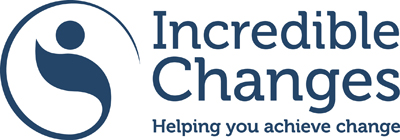DISC Personality Tests
Apprentice Buster!
Do you want to improve your people skills so you can understand yourself and other people more?
And get on with the people you previously found challenging?
Well DISC is a great personality testing system. By having a DISC test, you will learn what DISC personality style you belong to, understand why you behave in a certain way.
Then you can use your knowledge of DISC to recognise what DISC type other people are. You can then learn to tweak your behaviour to get the best out of other people. Create instant rapport; work more effectively in a team.
DISC is very empowering. Think of The Apprentice television programme (one of my favourite programmes). Here you have a mixture of DISC types.
I’ll look separately at the main characters.
Firstly, Alan Sugar. He is a typical D (direct). Very task oriented, quick to make decisions, he would not like people to talk too much (‘waffle’ he’d call it).
Do you know people like that? Listen to people and hear if you can spot a D character. Do you already know such a character? Perhaps you recognise this trait in yourself.
I’ve even added tips for personal growth areas for these personality types
General observable behaviours of the different DISC Personality
Observable Behaviours for ‘D’ traits
- Strong handshake
- Probably running behind schedule
- Impatient and impulsive
- Tries to dominate or take over – very direct
- Will have a ‘can do’ attitude
- Will interrupt you while talking
- Will do something else while you are talking (Read, make a phone call)
- Will use challenging questions
- Desk may be untidy
- Office will be functional rather than stylish
- Will put paperwork in piles not in files
- Will give direct, stead eye contact
- Will lean forward if interested and lean back if not
- Will use finger pointing gestures to make a point
- Will be keen to sort out problems immediately
- Personal Growth areas for ‘D’ traits
- Strive to be an active listener
- Be attentive to other team members’ ideas until everyone reaches a consensus
- Be less controlling and domineering
- Develop a greater appreciation for the opinions, feelings and desires of others
- Put more energy into personal relationships and courtesy
- Show your support for other team members
- Take time to explain the why statements and proposals
- Be friendlier and more approachable






